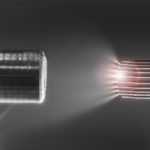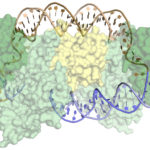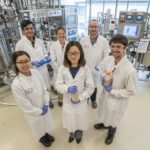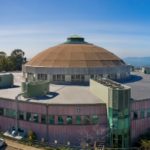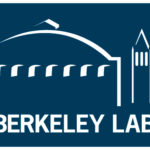A Berkeley Lab spin-out, Newomics is creating blood-based assays for diabetes diagnosis and management, and for the monitoring of environmental toxins, among other health care applications. The core technology, a multi-nozzle emitter array (MEA) for mass spectrometry, was developed by Newomics founder and president Daojing Wang, a guest scientist in Biological Systems and Engineering (BSE), while he was in the Lab’s Life Sciences Division (now part of the Biosciences Area). Collaborators on the emitter technology included Pan Mao, formerly in Life Sciences, and Peidong Yang in the Materials Sciences Division. Read more in the Berkeley Lab News Center.
CRISPR Target Recognition Mechanism Illuminated Using Data From ALS
Using diffraction data obtained at Berkeley Lab’s Advanced Light Source (ALS) and at the Stanford Synchrotron Radiation Lightsource (SSRL), researchers in Biosciences’ Molecular Biophysics & Integrated Bioimaging (MBIB) division and at UC Berkeley have discovered how CRISPR-associated (Cas) proteins are able to recognize their target locations with such great specificity. X-ray crystallography was used to solve the structures of Cas1 and Cas2—responsible for DNA-snippet capture and integration—as they were bound to synthesized DNA strands designed to mimic different stages of the process. The resulting structures show how the system works in its native context as part of a bacterial immune system, and also inform the development of the CRISPR-Cas system as a general-purpose molecular recording device. Jun-Jie Liu, a joint postdoc in the labs of Jennifer Doudna and Eva Nogales, and Addison Wright, a graduate student in Doudna’s lab, were co-first authors on the paper, published in the journal Science. Read more in this ALS Science Highlight.
ABPDU a Catalyst for Broader Bio-based Economy
Five years in, the Advanced Biofuels Process Development Unit has established more than 30 diverse partnerships
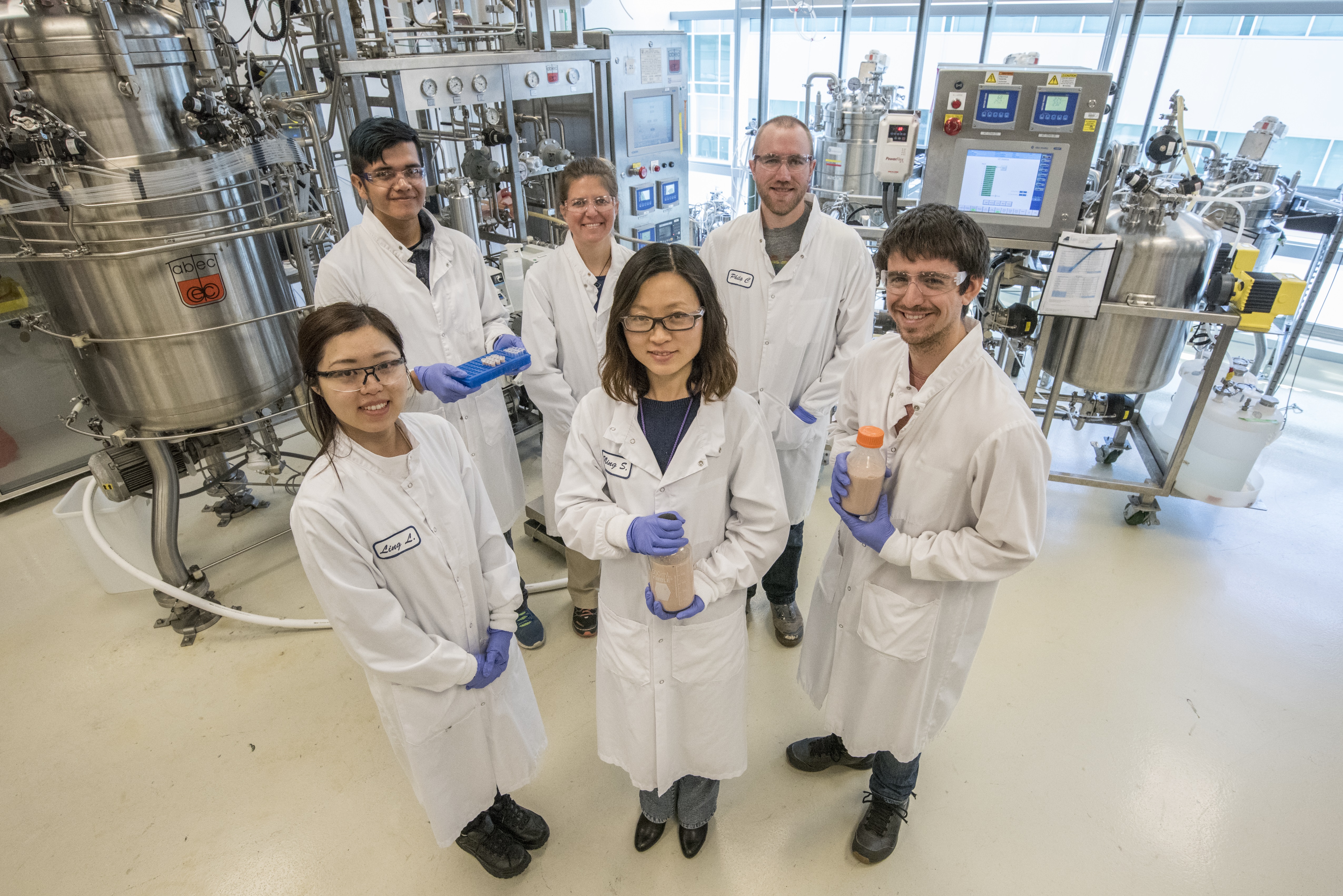 The original scope of the Advanced Biofuels Process Development Unit (ABPDU) was to tackle the barriers to biofuel commercialization. Five years in, its activities have expanded to utilize a broader range of raw materials to produce a variety of bio-based material, chemical, and protein end products. To date, the ABPDU has entered into agreements with more than 30 partners from other national labs, government agencies, industry, and academia. In this article the ABPDU’s partners talk about how this unique facility has supported them in scaling up their processes, and reaching their business goals.
The original scope of the Advanced Biofuels Process Development Unit (ABPDU) was to tackle the barriers to biofuel commercialization. Five years in, its activities have expanded to utilize a broader range of raw materials to produce a variety of bio-based material, chemical, and protein end products. To date, the ABPDU has entered into agreements with more than 30 partners from other national labs, government agencies, industry, and academia. In this article the ABPDU’s partners talk about how this unique facility has supported them in scaling up their processes, and reaching their business goals.
NIH Awards $6.5 Million for Augmenting Structural Biology Research Experience
The National Institutes of Health (NIH) has awarded $6.5 million to Berkeley Lab to integrate existing synchrotron structural biology resources to better serve researchers. The grant will establish a center based at the Lab’s Advanced Light Source (ALS) called ALS-ENABLE that will guide users through the most appropriate routes for answering their specific biological questions.
Congratulations to Biosciences Area Director’s Award Recipients
Several Biosciences Area personnel are among the 2017 Berkeley Lab Director’s Awards honorees. This annual program recognizes outstanding contributions by employees to all facets of Lab activities. A ceremony honoring all of the 2017 recipients will be held on November 30 in the Building 50 Auditorium.
- « Previous Page
- 1
- …
- 138
- 139
- 140
- 141
- 142
- …
- 213
- Next Page »
Was this page useful?


